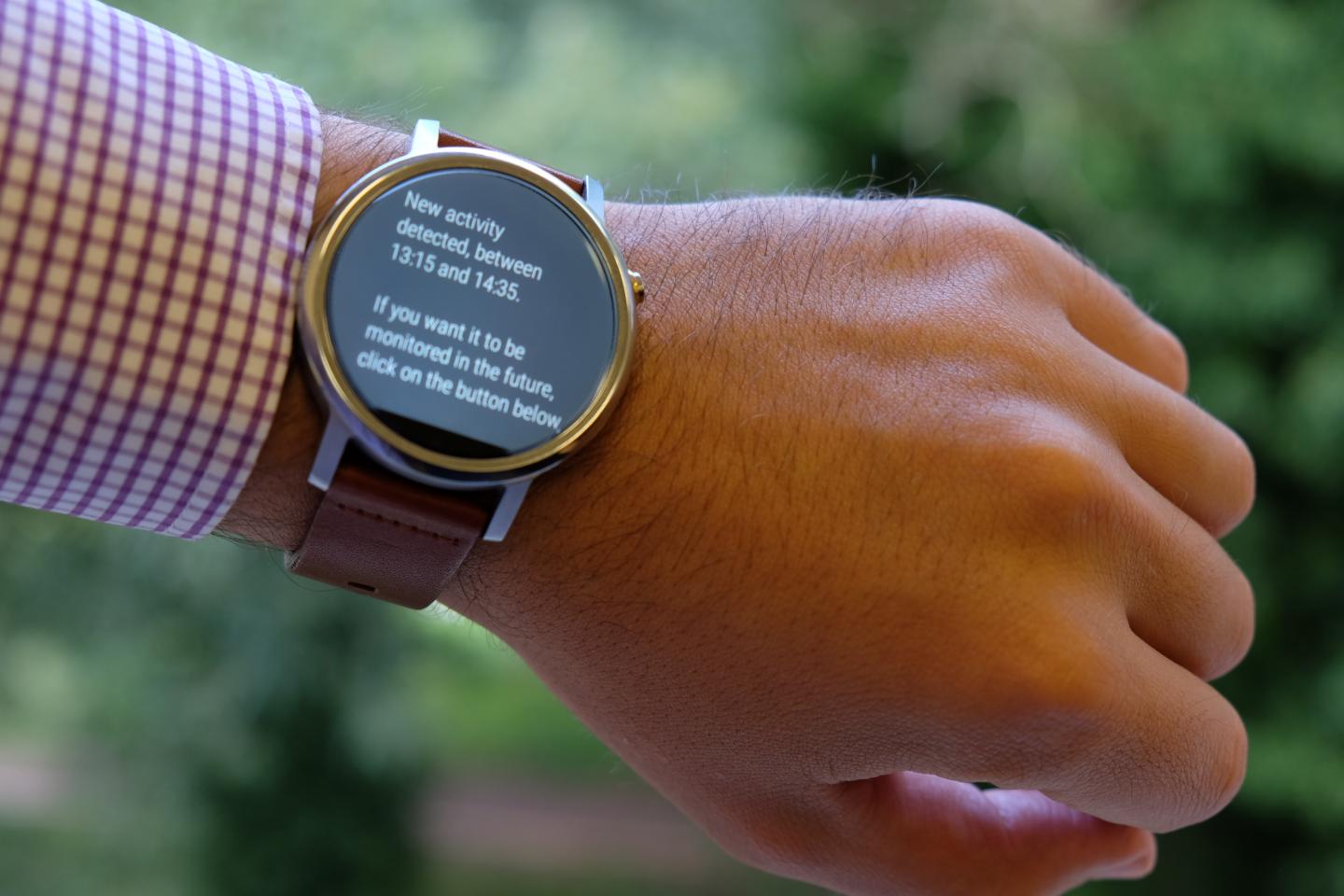
Chinese scientists, using a 3-D printer equipped with a coaxial needle, print patterns that can harvest and store electricity onto fabrics, giving it the ability to transform movement into energy.

Device displays electrocardiogram recorded by skin sensor, holds promise for home healthcare applications.

Scientists at the University of Sussex have invented a new algorithm that enables smartwatches to detect and record your every move, without being told beforehand what to look for.

Our relationship with computation will be much more intimate as we enter the age of wearables.

A team of researchers has recently made a critical breakthrough in the pursuit of flexible electronics. The team successfully developed a high-performance magnetic memory embedded on flexible plastic material.

Ultrathin and transparent oxide thin-film transistors have been developed for an active-matrix backplane of a flexible display by using the inorganic-based laser lift-off method.

Researchers have developed an ultrathin, ultraflexible, protective layer and demonstrated its use by creating an air-stable, organic light-emitting diode (OLED) display. This technology will enable creation of electronic skin (e-skin) displays of blood oxygen level, e-skin heart rate sensors for athletes and many other applications.